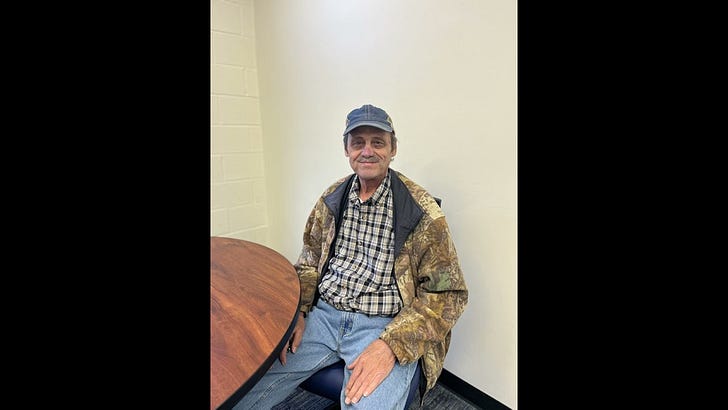HBCU Radio Preservation Project: Benjamin Shaner
Benjamin Shaner discusses learning trades in the Air Force, radio engineering, friendship through radio, the digital era, and more!
Looking for something to listen to during your afternoon commute? We’ve got the playlist for you—tune in to this week’s edition of the HBCU Radio Preservation Project. As a collaborator in the project, the Margaret Walker Center is serving as a repository for the histories of HBCU stations and the community members who have been a part of them.
In this episode, Benjamin Shaner tells us about his childhood in the Virginia Beach Area, where he enjoyed fishing, surfing, and hunting. In 1971, he joined the U.S. Air Force. He was trained and stationed in Mississippi for four years, during which time he learned about electronics and became interested in communications. After leaving the Air Force, he briefly worked in broadcasting for a Norfolk NBC TV affiliate before working on naval communications equipment. He later became a radio engineer and serviced multiple stations in North Carolina, which led him to work with WRVS in Elizabeth City. The former general manager, Edith Thorpe, asked Benjamin to be the radio station’s full-time engineer, and he later expanded to work on their television stations.
Benjamin’s thirty-five-year tenure with WRVS included overseeing various technical changes and responding to emergencies. He reflects on even having to handle a station fire in 1996. However, WRVS allowed him to make many friends, including on-air hosts Greg Sampson and Randy Jones. He also discusses the science of radio and the station’s transformation into a digital format. Lastly, Benjamin reminisces on his late wife of 46 years, Patricia, and her career in printing, legal, and accounting services.
There’s much more to hear, so click on the video below!
About the Project
Each Wednesday, tune into our YouTube channel, @mwalkercenter, to catch a new oral history from the HBCU Radio Preservation Project!
We are proud to partner with several organizations for the HBCU Radio Preservation Project, which is dedicated to honoring and preserving the rich history and cultural resource of HBCU radio.
Here’s some more info from their website:
Much of the material created at these stations is at risk of being lost, though they document the rich history and diversity of the Black experience through the Civil Rights era and beyond. The goals are to preserve the stations’ audio collections and to foster a community of sustainability for the stations and institutional archives on campus.
The project provides preservation training and workshops for campus stations, archivists and community members, recruiting HBCU graduates as interns and fellows.
Field archivists will collaborate with stations and campus archivists on collections assessments and follow-up field services such as inventories, reformatting, rehousing, and other preservation activities.
Oral historians will interview a range of community members to document the history of the stations. Training in gathering oral histories and using historical audio in content creation will also be offered. Other goals include launching an interactive website, a podcast series, and annual symposia.




